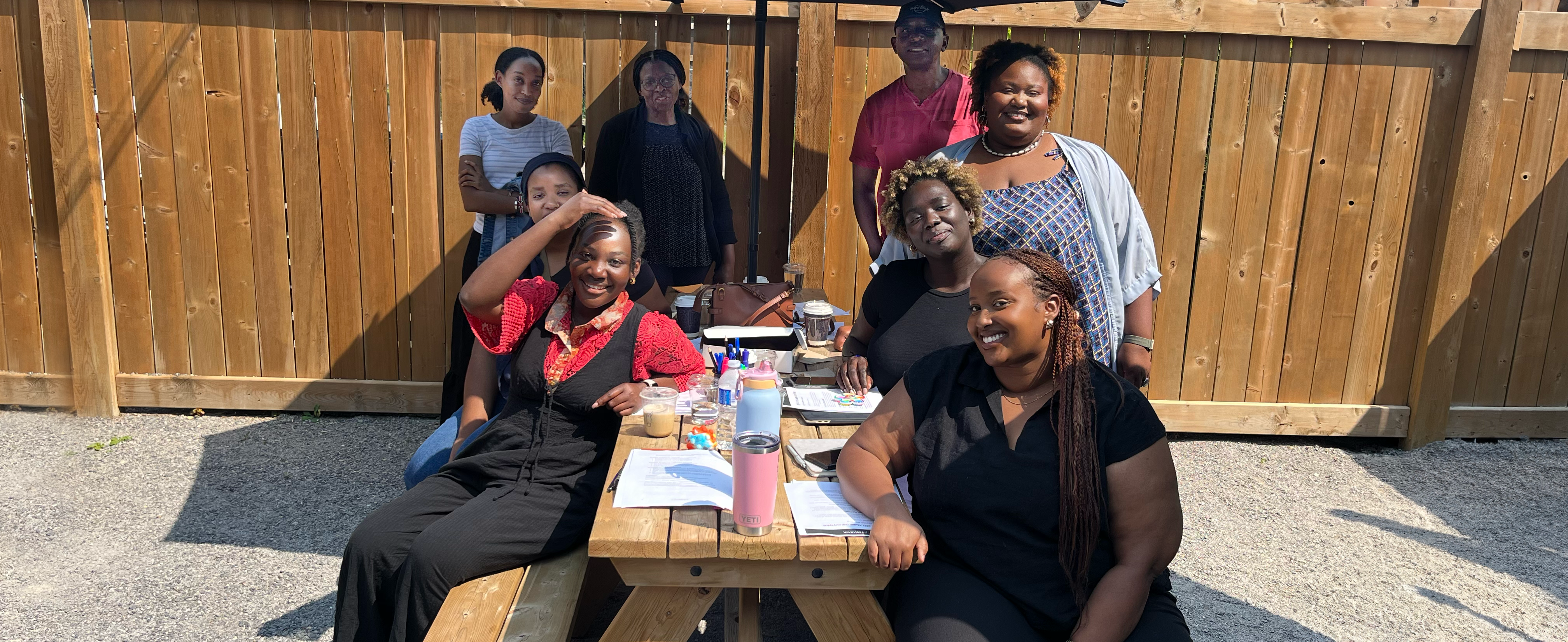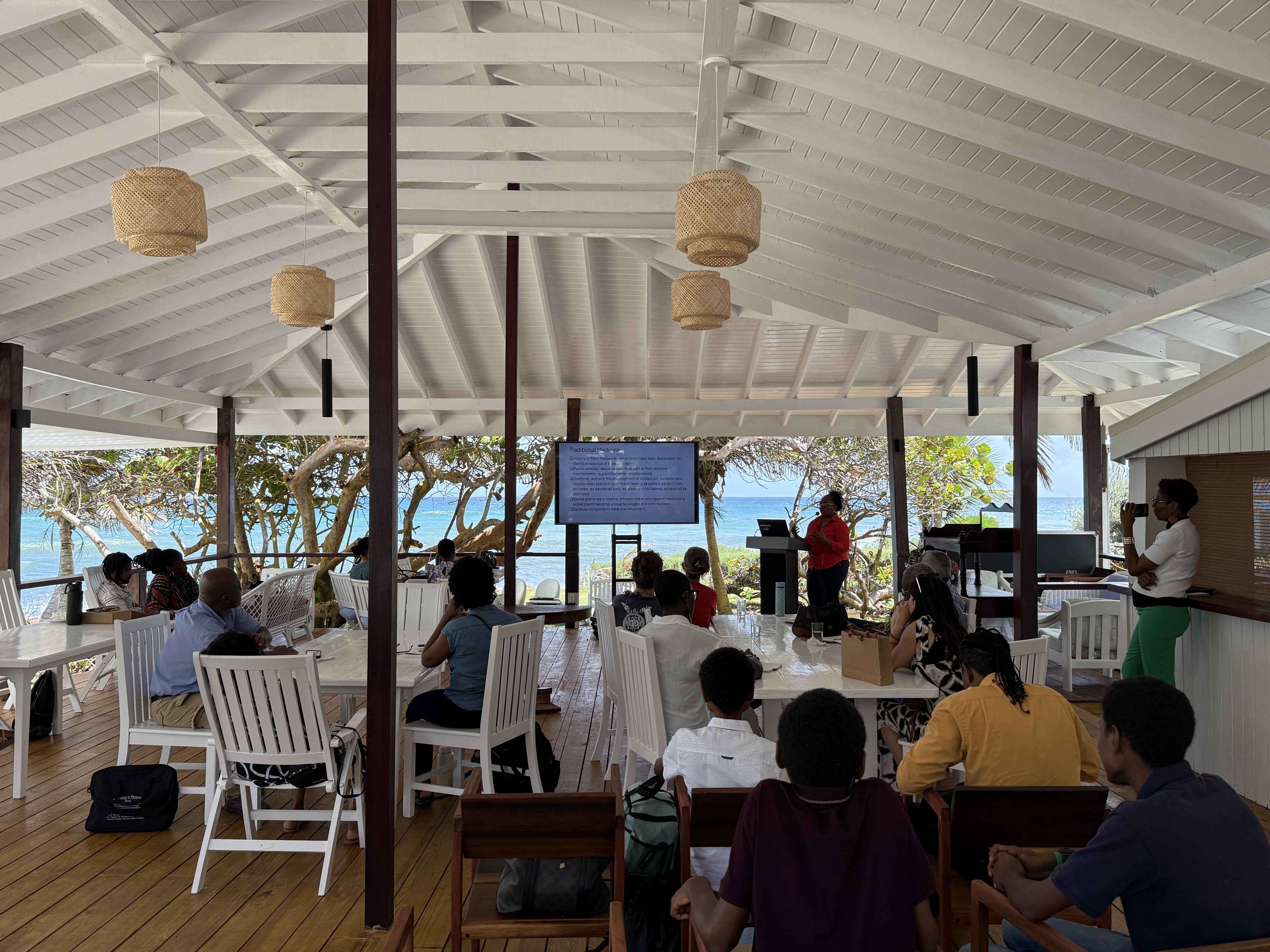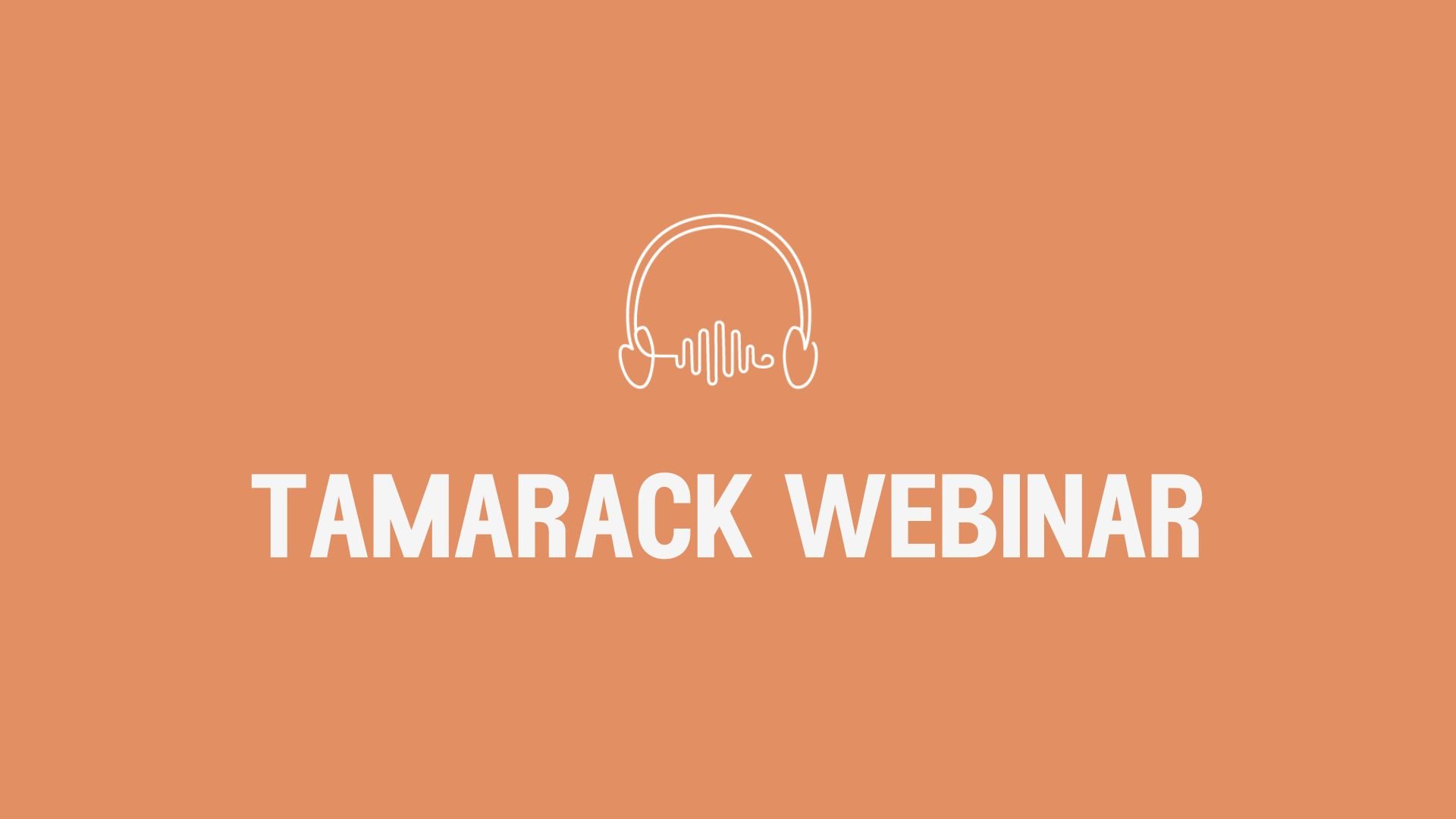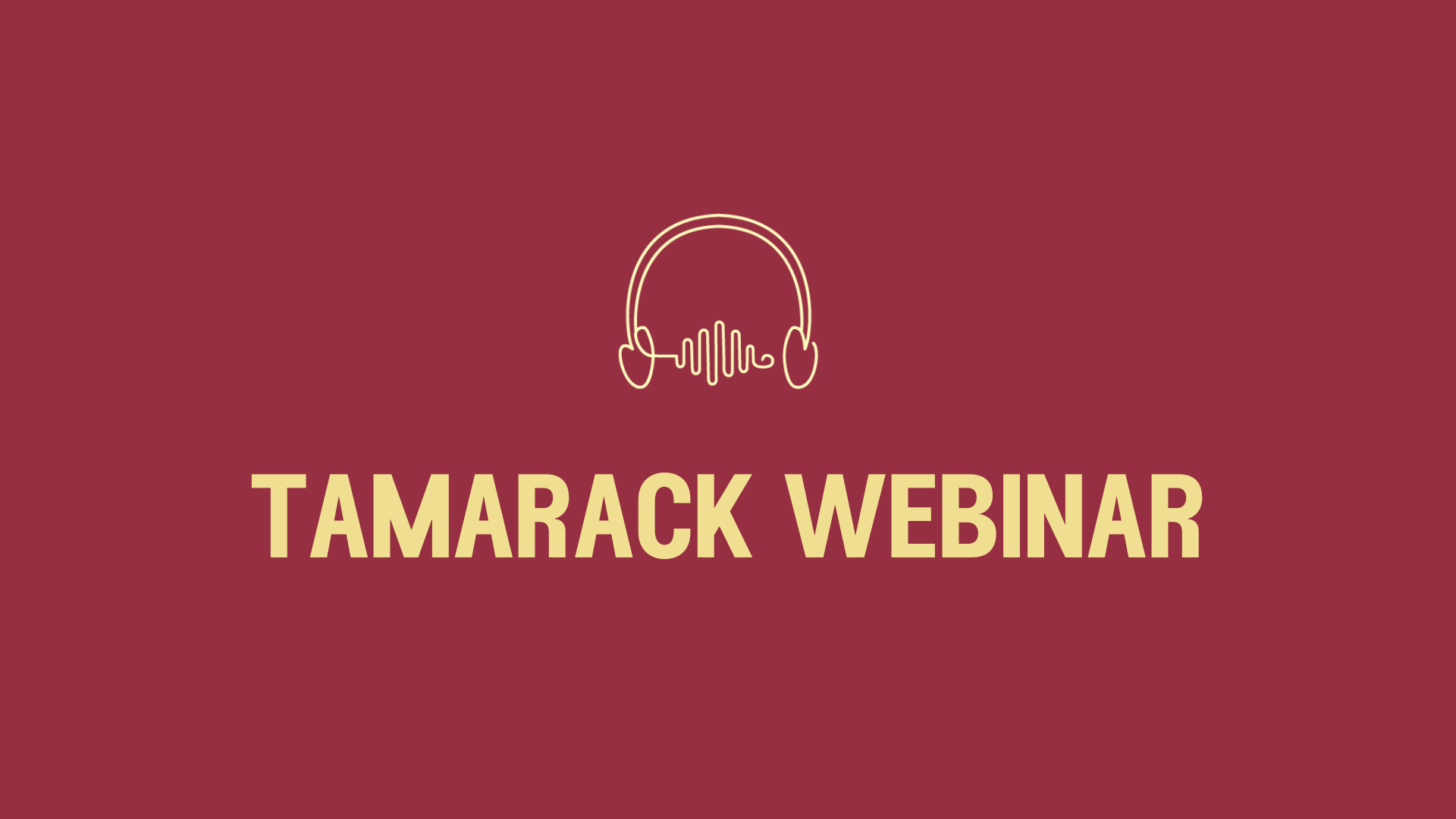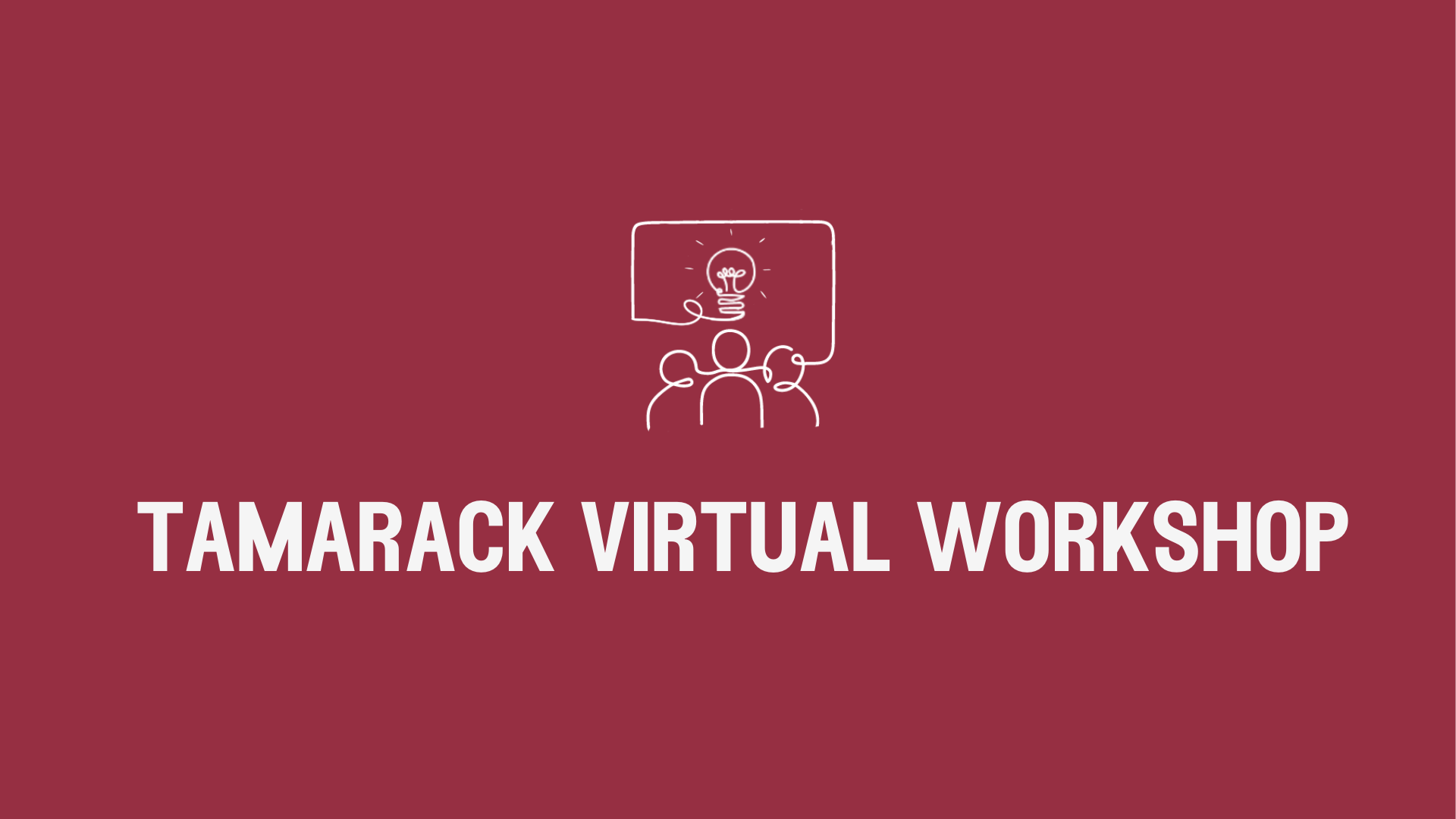
collective leadership
Collective Leadership involves uniting people to address complex issues through collaborative processes. Success is maximized by working collectively across diverse groups, emphasizing equity, and incorporating the voices of those most affected. Effective collective leaders prioritize trust-building, power navigation, deep engagement, and the development of impactful collaborative governance practices.


Resource Series
Collaborative Leadership and Governance Series
This collection of articles and papers will help inform both the process and people aspects of effective collaboration, and provide you with a wide range of practical ideas and resources for pushing your own work forward.
The traditional concept of leadership is that of the heroic leader – they have a vision, they assert it, they persuade us, and they gain followers. Collective leadership turns that concept upside down.
getting started
Making Sense of the Multiple Faces of Leadership
Leadership for Navigating Uncertainty
Sustainability and Resilience Resource Series
Building an Accountability Matrix to Guide Your Collaboration

meet the director
Daren Okafo is the Consulting Director of Collective Leadership at The Tamarack Institute Learning Centre, leveraging over 25 years of experience in community-based development in Canada, Europe and Africa. He's passionate about how communities envision and co-create just and equitable futures together, and the ways in which leaders come together to learn and grow.
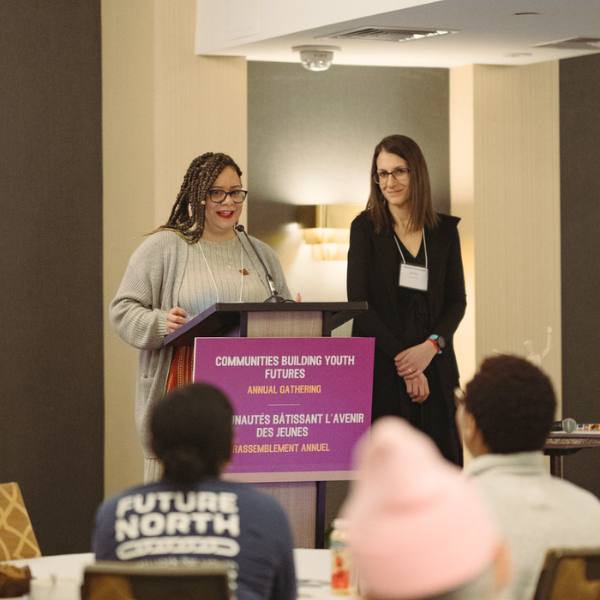
Current Themes Being Explored:
- Collective Leadership
- Collective Governance
- Building Your Adaptive Leadership Capacity
- Navigating in a Post-Pandemic World
- The Human Side of Collective Leadership: Exploring Power, Courage and Love

Community Engagement

Communities Building Youth Futures
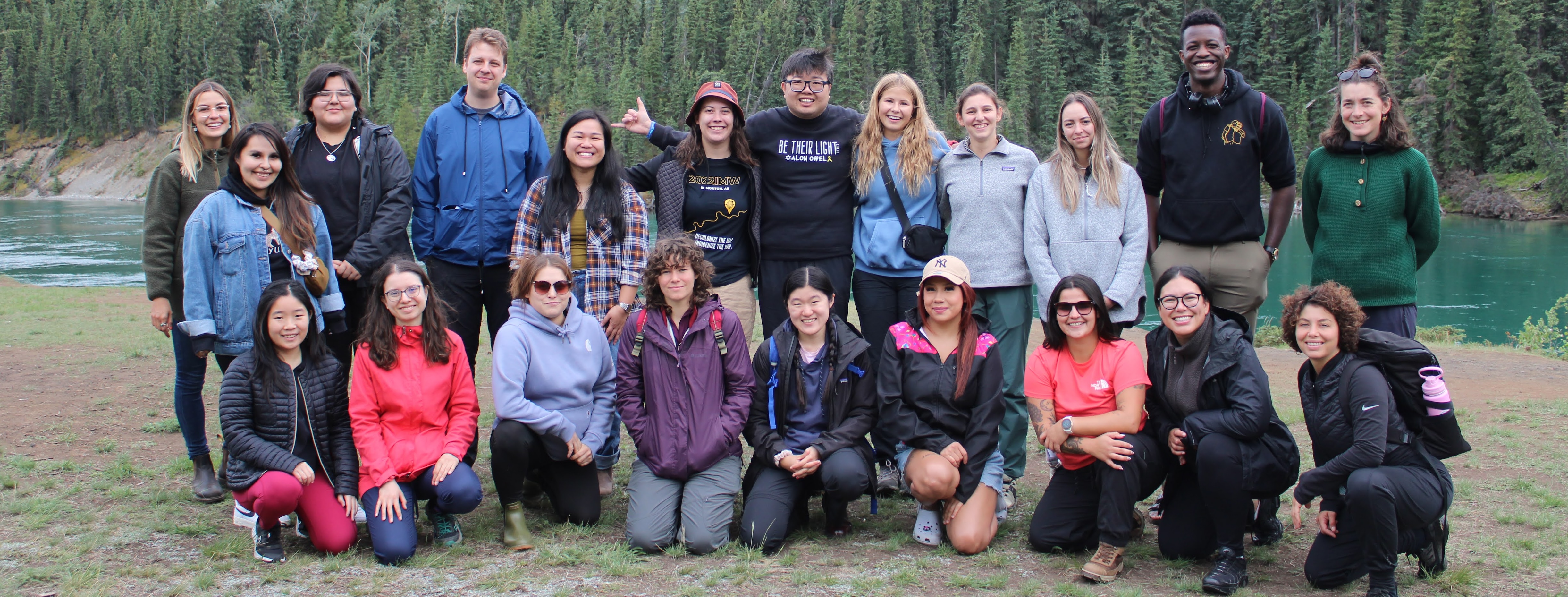
Evaluating Community Impact

Collaborative Leadership
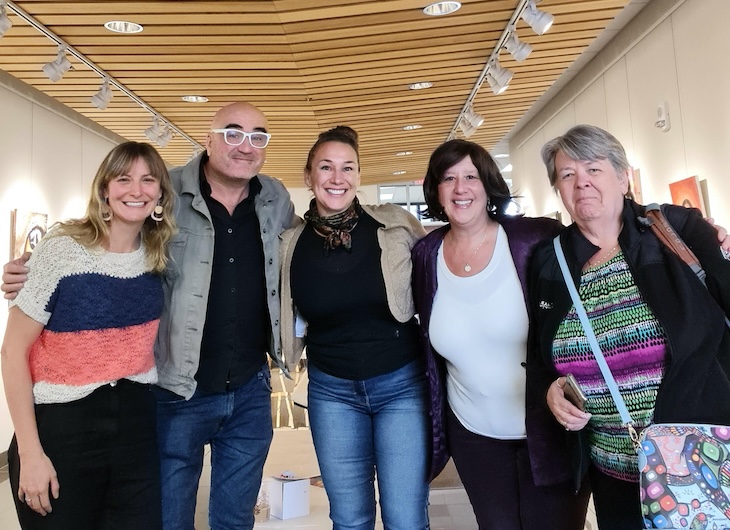
The collective leadership premise is:
"If you bring the appropriate people together as peers, in constructive ways with good context and content information, they will create authentic visions and strategies for addressing the shared concerns of the organization and community."
David Chrislip and The Collaborative Leadership Fieldbook
Each component of the premise is important:
- You must bring the appropriate people together as peers – the collaboration must be broadly inclusive
- You must bring people together in constructive ways – design the process so that it can deal with different understandings of the issues, varying degrees of trust, and so that the process encourages people to work together
- Good context and content information is critical to good decision-making – Involve citizens, specialists and field practitioners alike to co-create solutions
upcoming events
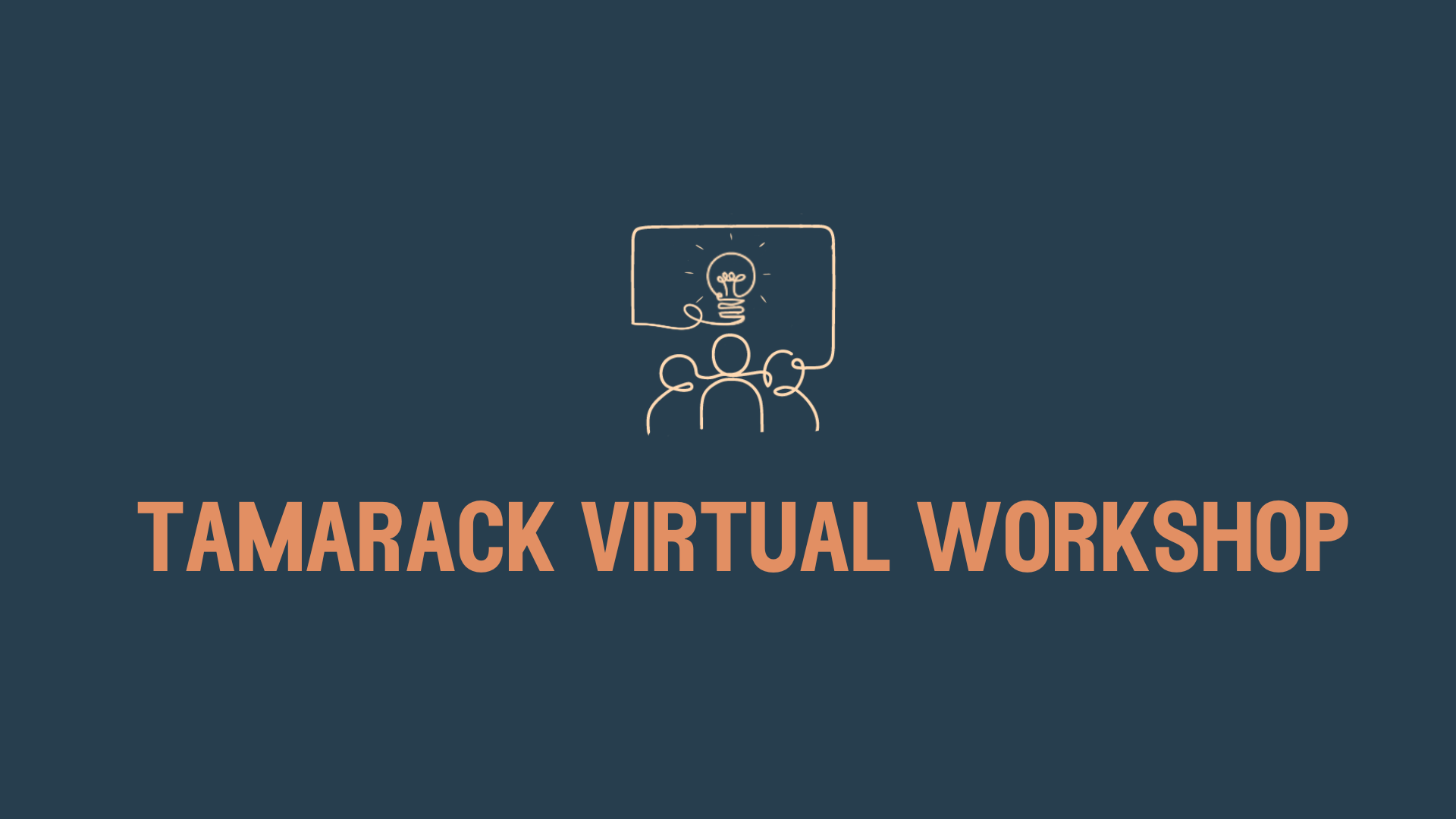
3/5/26 1:00 PM EST @ 1:00 PM EDT

3/11/26 12:00 PM EDT @ 12 h 00 HNE

3/18/26 1:00 PM EDT @ 1:00 PM EDT
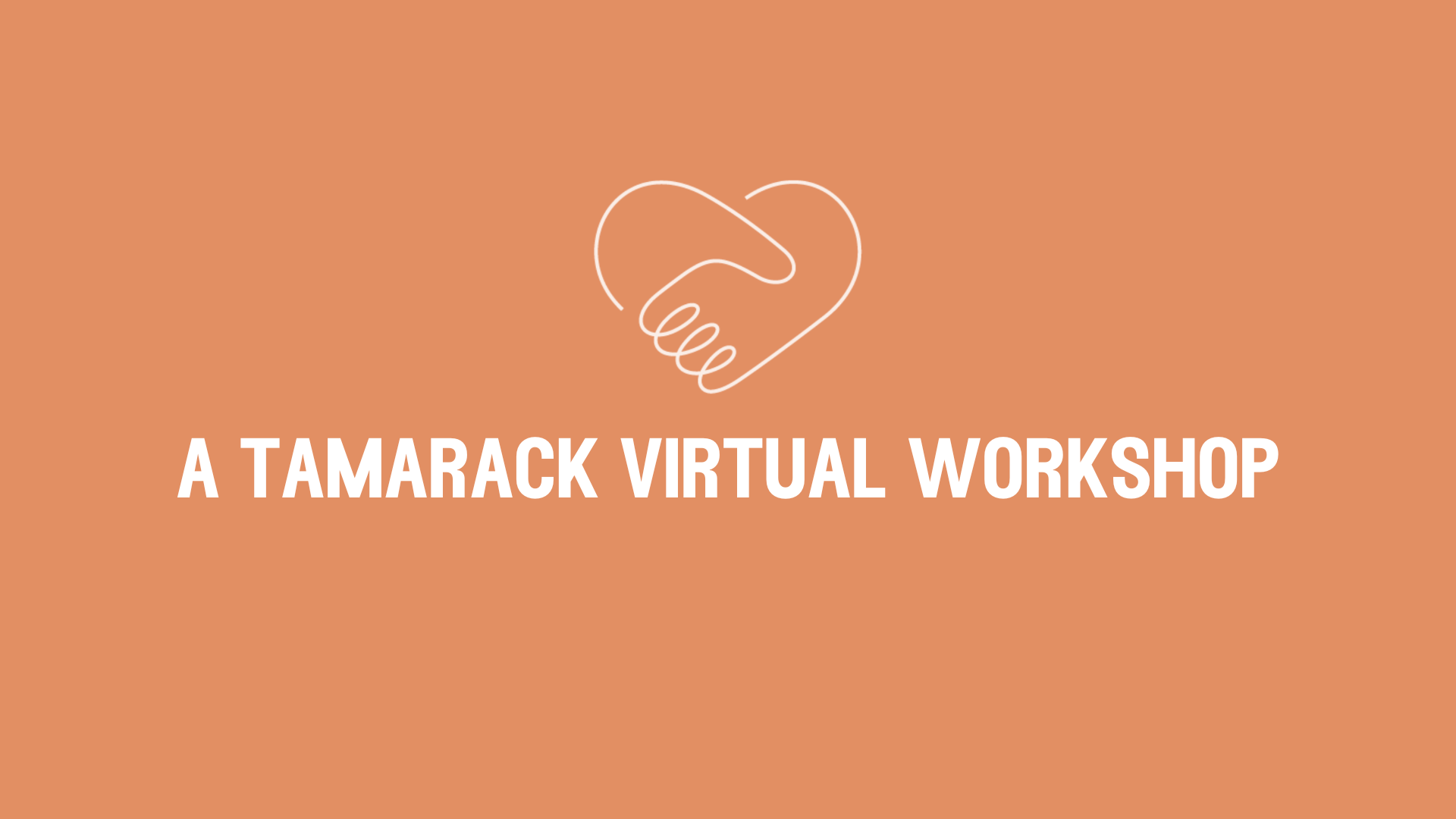
3/26/26 1:00 PM EDT @ 1:00 PM EDT

5/14/26 1:00 PM EDT @ 1:00 PM EDT

5/20/26 1:00 PM EDT @ 1:00 PM EDT

7/15/26 1:00 PM EDT @ 1:00 PM EDT

9/23/26 1:00 PM EDT @ 1:00 PM EDT
get in touch
We’re happy to answer questions, discuss community issues and direct you to trusted resources. Get in touch with a specific team member or submit a general inquiry.

stay up to date
Enter your email and choose your subscriptions.












